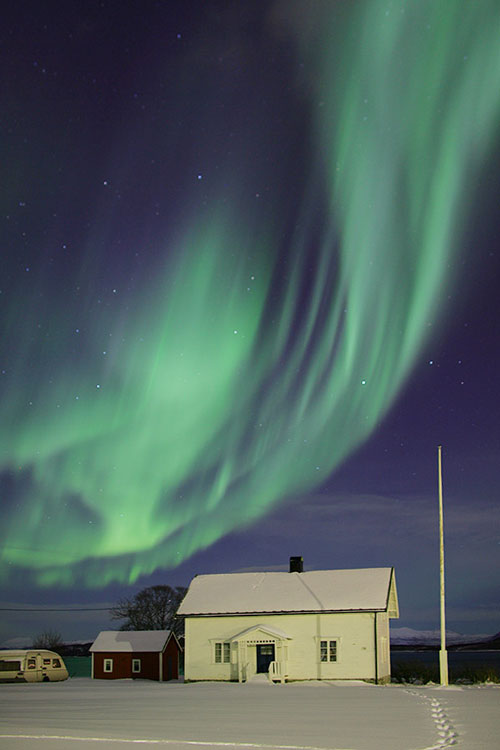Baby Bust?
In many countries throughout the world, both rich and poor, religious and secular, birth rates are falling to historic lows--well below the rate to replace a population. Why is this occurring? What, if anything, should be done about it? Many reasons are given, and even more solutions are offered.
Numerous times since Malthus appeared on the world stage in the 18th century, fears about overpopulation and this planet not being able to support it's inhabitants have sprouted up. Perhaps those can partly explain various dystopian works related to great calamities that wipe out nearly all of mankind; works such as
12 Monkeys, where 99% of humans are wiped out by a mysterious plague; C
hildren Of Men, where reproduction suddenly becomes impossible; or George Lucas'
THX 1138, where someone unknown occurrence has forced humanity underground, and Robert Duvall struggles to reach the surface to see the sun. Each of these works were stoking fears of a drastically depopulated world, that current conditions can not possibly handle the seemingly inevitable overpopulated Earth, and that some calamity is imminent.
Many of those fears, stoked time and time again but perhaps most notably and recently in the 1970s, were of an exponentially growing human population, especially in developing nations. Since then, however, birth rates have fall drastically, well below replacement level in many nations, but especially Western and Southern Europe and Japan. Even India, where high birth rates stoked population explosion like nowhere else on Earth (after all, it is the 2nd most populous nation), has seen falling birth rates recently. Perhaps a new fear (or at least one we haven't seen in quite a long time) is depopulation--that world population numbers will soon fall. That's not exactly as big of a problem as Malthusian fears of an overpopulated, unsustainable planet, but it does lead to some serious demographic problems. Fewer and fewer workers to pay for more and more senior citizens eligible for social security, is just one example.
Malthus and various dystopias stoked fears of an overpopulated world. Certainly there are no current fears of an underpopulated one, but birth rates are falling in many countries--and well below replacement level.
Wealthier societies can often mean lonelier ones--who wants to become rich when you can't enjoy the spoils of it? Such societal changes have massive cultural effects. Where 'traditional' cultures have often been rural and marriage usually arranged at quite a young age, population shifts have seen huge movements in peoples from the countryside to the cities--the US has seen this occur rather gradually in it's nearly 250-year history, while China has seen this occur quite drastically in the last 25 years (the single largest mass migration in the history of the human species), and India is beginning to feel the effects of now (see Fareed Zakaria's excellent book
The Post-American World, or any of a few recent works by Thomas Friedman).
One explanation is that of birth control--that the revolutionary spreading of contraceptives from the 1960s onwards have caused couples to put off children. However, the lowest birthrates in Europe are in more 'traditional countries'--the Catholic, Mediterranean nations of southern Europe. Another is that marriage is becoming an older, less common institution.
From the face of it, falling population does not seem a real serious problem--certainly not as much as the opposite. However, there are some serious demographic issues surrounding it. That lies in supporting the growing ranks of the retired: How will these various nations, with more and more retirees and fewer and fewer workers, be able to support their retirees? In this country, the question is how to fund Social Security. Certainly SSI will be a difficult issue in the (very-near) future; but the US is not as bad off as others--we have (almost) always done a very a good job at integrating immigrants. Europe has not, with many xenophobic fears of a 'Muslim' Europe. Also interesting to note is that while 9/11 was perpetrated by foreign terrorists who came into this country (on legal student visas), the attacks in both Madrid and London were committed by Al Qaeda wannabes, so-called 'homegrown' terrorists disillusioneed by a society that would not accept them in.
So, what's the point. What does the future look like? Will it be some dystopic combination of persecuted immigrant groups, high wire fences, minimal civil liberties, and wanton destruction? Will it come in a more natural form, man being overcome by some kind of virus or natural calamity? Our fears are stoked by there possibilities. The real future, however, will be much more difficult; as we have to solve problems of diminishing resources and increasing energy use; of fewer works to pay for more retirees; of a world where underpopulation could actually be the future. With that possibility, we are a long way from Malthus.


